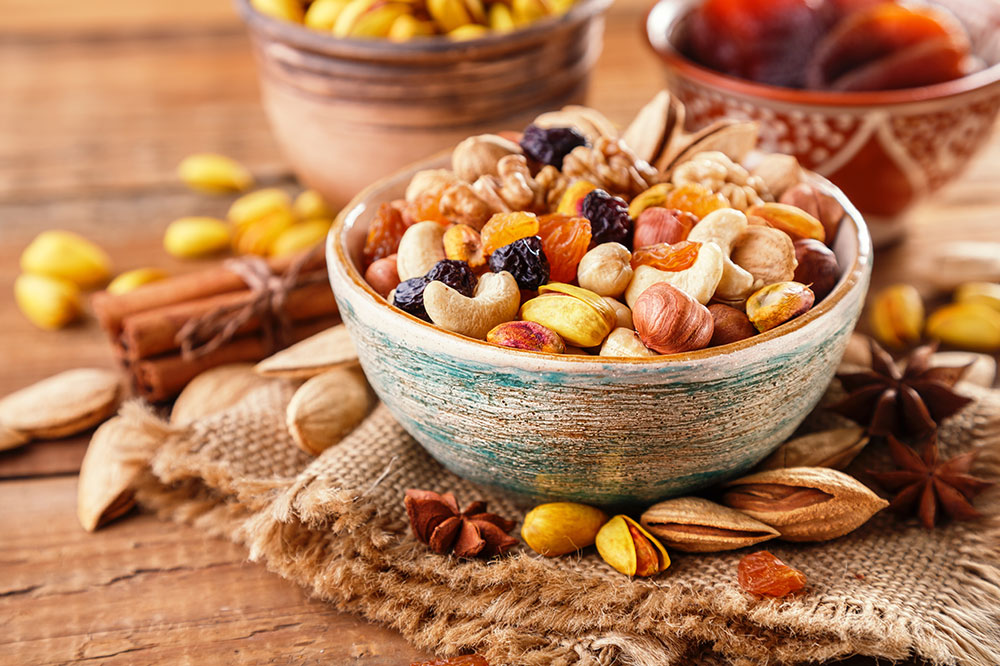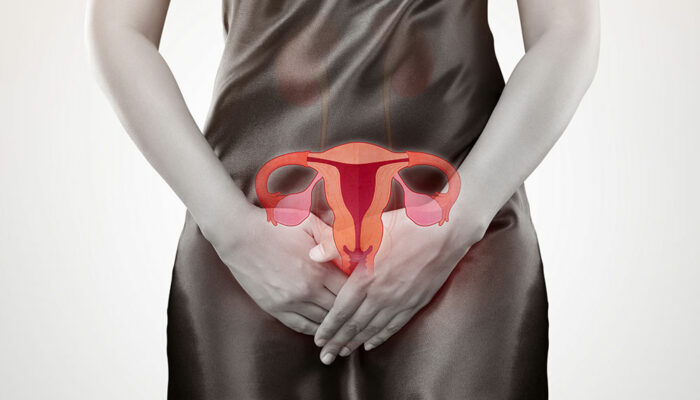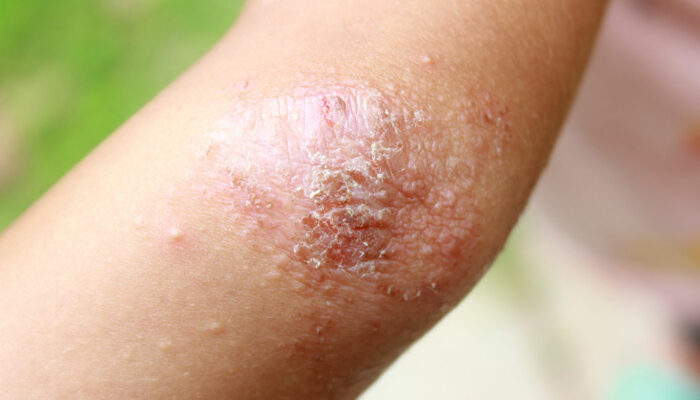
Ulcerative Colitis Symptoms and Trigger Foods
Ulcerative colitis is one of the two main bowel-related diseases. It is an illness where a person develops sores inside their colon, making it inflammatory. It becomes difficult to pass stool and is considered to be extremely painful for the person. While there is no sure known cause of ulcerative colitis, researchers suggest a misdirected immune reaction could cause that. Let’s look at some symptoms and trigger foods for this disease.
Symptoms
- Diarrhea, often with blood or pus
- Abdominal pain and cramping
- Rectal pain
- Rectal bleeding – passing a small amount of blood with stool
- Urgency to defecate
- Inability to defecate despite urgency
- Weight loss
- Fatigue
- Fever
- In children, failure to grow
Fiber is crucial for making bowel movements easy; however, a regular bowel movement could be painful for the patient in such a condition. In such a case, the doctor recommends a low-fiber diet that would not pressure the colon. It is vital to follow a strict food plan when suffering from ulcerative colitis, as the same food will help in recovery from this condition. Let’s look at some high-fiber foods to avoid.
Whole grain
Whole grain contains a good amount of fiber that needs to be avoided currently. Any items like whole-grain bread, cereals, pasta, noodle, and macaroni are a big no for the diet. Instead of whole grain, you should eat more enriched white flour items unless you are gluten-intolerant. Consider cereals like puffed rice, corn flakes, cream of wheat.
Whole-grain starches
People often choose whole grain starches like brown rice, quinoa, buckwheat, oats, and wild rice for high-fiber content. However, it’s now better to switch to white rice to help recover from ulcerative colitis. The fibrous endosperm, germ, and bran can irritate the colon and could trigger a flare-up. This needs to be avoided at all costs. Other sets of foods to avoid in this category would be plain barley, millet, wheat-berries, bulgur wheat, and spelt.
Nuts and seeds
Nuts in all forms should be avoided in a low-fiber diet. This also includes eliminating all kinds of flours made out of them. It is noted that the fiber found in nuts can be difficult to digest. Apart from the otherwise nutritious nuts to avoid, seeds should also be cut down from the diet. They can aggravate the symptoms of UC and make recovery difficult. Cashews, pecan, walnuts, hazelnut, almonds, macadamia nuts, pistachios, peanuts, wild rice, pine nuts, pumpkin seeds, sunflower seeds, sesame seeds, flax seeds, and millet are seeds and nuts to say “no” to when making your meals.
Fibrous fruits and vegetables
These otherwise highly recommended food items, known for their high-fiber content, should be avoided. Fruit juices are okay to consume without pulp; canned fruits in water and the fruit’s natural juice are acceptable. However, avoid prune juice because that contains lots of fiber. For veggies, make sure the skin is peeled off, they are cooked until soft, and have no seeds whatsoever. You could also try pureed vegetables.



